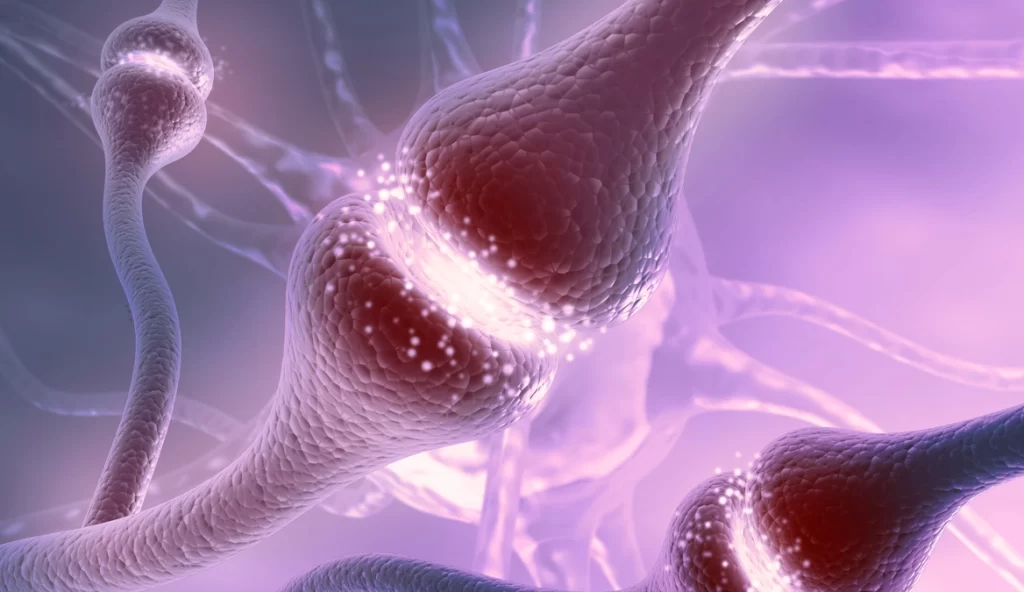The Value of Happiness
The value of happiness pertains to the intrinsic worth and desirability of a state of well-being, contentment, and pleasure in life. It’s a universal pursuit and is often considered a barometer for the quality of life. The concept of happiness is multifaceted, spanning emotional, psychological, and philosophical dimensions. Here’s a detailed definition of the value of happiness:
Happiness is the experience and appreciation of moments of joy, contentment, and a sense of fulfillment in life. It encompasses the following key aspects:
Emotional Well-being: At its core, happiness is an emotional state characterized by feelings of joy, satisfaction, and positive well-being.
Life Satisfaction: Beyond transient moments of joy, happiness also encompasses a broader sense of satisfaction with one’s life as a whole.
Positive Perspective: A happy disposition often corresponds with a positive outlook on life, optimism, and the ability to find silver linings even in challenging situations.
Inner Peace: A sense of inner peace and balance contributes significantly to happiness, offering a sanctuary from external chaos.
Gratitude: Recognizing and appreciating the positive aspects of life, no matter how small, fosters happiness. A gratitude-oriented mindset amplifies feelings of contentment.
Fulfillment: Engaging in purposeful activities or achieving personal goals often brings a sense of fulfillment, contributing to overall happiness.
Social Connections: Happiness is often enriched by meaningful relationships and social interactions, emphasizing the communal nature of human beings.
Physical Health: There’s a reciprocal relationship between physical health and happiness. While good health can foster happiness, a joyful disposition can also benefit physical well-being.
Mental Health: Mental and emotional well-being play a pivotal role in determining happiness. Managing stress, anxiety, and other challenges is integral to cultivating happiness.
Purpose and Meaning: Finding purpose or meaning in life, whether through work, relationships, or personal passions, can enhance feelings of happiness.
Resilience: The ability to bounce back from setbacks and adversities and to adapt to changes is crucial for maintaining happiness over the long run.
In summary, the value of happiness lies in its ability to enrich the human experience, providing a sense of purpose, connection, and well-being. It’s not just the presence of positive emotions but also the absence of excessive negative ones and a broader satisfaction with life. While the pursuit and definition of happiness might vary across cultures and individuals, its desirability as a cherished human experience remains universal.
30 Quotes About Happiness
- “Happiness is when what you think, what you say, and what you do are in harmony.” – Mahatma Gandhi
- “The greatest happiness you can have is knowing that you do not necessarily require happiness.” – William Saroyan
- “Happiness is not something ready-made. It comes from your own actions.” – Dalai Lama
- “The purpose of our lives is to be happy.” – Dalai Lama
- “The more we value things, the less we value ourselves.” – Bruce Lee
- “Happiness is the secret to all beauty; there is no beauty that is attractive without happiness.” – Christian Dior
- “Happiness depends upon ourselves.” – Aristotle
- “Most folks are as happy as they make up their minds to be.” – Abraham Lincoln
- “The only way to find true happiness is to risk being completely cut open.” – Chuck Palahniuk
- “There is only one way to happiness and that is to cease worrying about things which are beyond the power of our will.” – Epictetus
- “Happiness is a how, not a what. A talent, not an object.” – Hermann Hesse
- “Happiness often sneaks in through a door you didn’t know you left open.” – John Barrymore
- “Happiness is not an ideal of reason, but of imagination.” – Immanuel Kant
- “Happiness is the highest form of health.” – Dalai Lama
- “Happiness is a warm puppy.” – Charles M. Schulz
- “The essence of philosophy is that a man should so live that his happiness shall depend as little as possible on external things.” – Epictetus
- “Happiness is not having what you want, but wanting what you have.” – Anonymous
- “Happiness is the natural flower of duty.” – Phillips Brooks
- “The greatest blessings of mankind are within us and within our reach. A wise man is content with his lot, whatever it may be, without wishing for what he has not.” – Seneca
- “Happiness is a state of activity.” – Aristotle
- “The only joy in the world is to begin.” – Cesare Pavese
- “Remember that happiness is a way of travel, not a destination.” – Roy M. Goodman
- “The happiness of your life depends upon the quality of your thoughts.” – Marcus Aurelius
- “Happiness is not a station you arrive at, but a manner of traveling.” – Margaret Lee Runbeck
- “It’s the moments that I stopped just to be, rather than do, that have given me true happiness.” – Richard Branson
- “It is not how much we have, but how much we enjoy, that makes happiness.” – Charles Spurgeon
- “Happiness and freedom begin with a clear understanding of one principle: Some things are within our control, and some things are not.” – Epictetus
- “The key to being happy is knowing you have the power to choose what to accept and what to let go.” – Dodinsky
- “It’s the moments that I stopped just to be, rather than do, that have given me true happiness.” – Richard Branson
- “Happiness is where we find it, but very rarely where we seek it.” – J. Petit Senn


